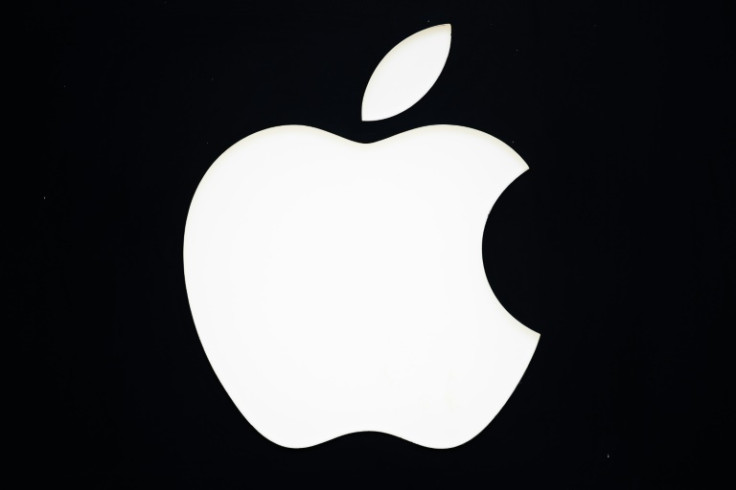
Once a stellar performer on Wall Street, Apple's stock is underperforming major equity averages, sparking a heated debate between bulls and bears in the analyst community.
According to bears, Apple's primary product, the iPhone, faces declining sales due to the market's maturity and increasing competition from Chinese rivals. These developments have resulted in a decline in revenue and earnings growth, which is causing concerns about the company's high valuation.
"While Apple's core business is holding together, and this quarter has been the first in 2 years since they guided revenue growth, it must manage its portfolio of products and services to offset the decline in iPhone sales, which makes up the majority of its revenue," Drayton Drayton D'Silva, the CEO and CIO of Tower Hills Capital, a multi-strategy investment firm, told International Business Times.
D'Silva attributes Apple's problems to multiple headwinds, like antitrust challenges on four continents, increasing competition in China, and the perception that it is lagging in its artificial intelligence efforts.
According to bulls, Apple is very effective in allocating capital. It continues to deliver superior market returns for the company's capital holders as measured by the Total Value Added (TVA). For instance, for the 12 months ending on Sept. 30, Apple delivered $85.1 billion above what capital holders would have earned in the next best alternative of their money.
Most notably, Apple's TVA has risen 400% since 2018, as a growing share of its company's revenues come from services, a high-profit margin segment.
"Apple continues to be undervalued by the investor community," Greg Silverman, Global Director of Brand Economics at Interbrand, told IBT. "Despite short-term weakness in iPhone sales, Apple has built a resilient brand ecosystem of products and services that overcomes weakness in one area with strengths in the others."
Silverman sees the recent earnings report, brand innovations, and operational execution, as re-enforcing the strength of the company's ecosystem. "As they feather in AI for revenue growth and cost savings, they are likely to outperform expectations until analysts shift from a traditional product focus to a brand-oriented valuation of the company," he added.
Kevin Walkush, Portfolio Manager and Head of Jensen Investment, saw several positive developments emerge in the last quarter. "The services business saw solid growth, offsetting sluggish hardware sales, primarily attributed to challenging comparisons and iPhone struggles in the Chinese market," he said. "Additionally, Mac enjoyed a positive quarter, benefiting from new product updates and a recovery in the PC market."
Still, there is one more number on the radar of the bulls: share buybacks, with its recent $110 billion program breaking a record on Wall Street. "Holding the top six positions since 2018, Apple's commitment to returning value to shareholders is evident," Walkush said. "These buybacks align with their objective of achieving net cash neutrality, even as they consistently generate substantial cash flow. With the latest buyback authorization, Apple is demonstrating an increased dedication to returning excess cash to its shareholders."
Ido Caspi, Research Analyst at Global X ETF, likes the company's diversification into services and the generous share buybacks.
"Apple's ability to shift its revenue mix to services is another important long-term driver of sales and margin expansion, while buybacks will keep supporting the bottom line until product demand picks back up," he explained. "Services offer greater profitability than products, and greater emphasis here could help drive operating margins higher in the near term. "
Meanwhile, Walkush believes Apple will maintain its leadership in the lucrative global mobile market through its iOS ecosystem, brand strength, network effects, high switching costs, and ongoing innovation.
"While Apple's core products like the iPhone, iPad, and Mac have reached maturity, we anticipate sustained growth and profitability driven by innovation in its wearables segment and the highly lucrative services business, which exhibits strong customer loyalty," he elaborated.
In addition, Walkush foresees artificial intelligence (AI) playing a significant role in accelerating the company's competitive advantage.







